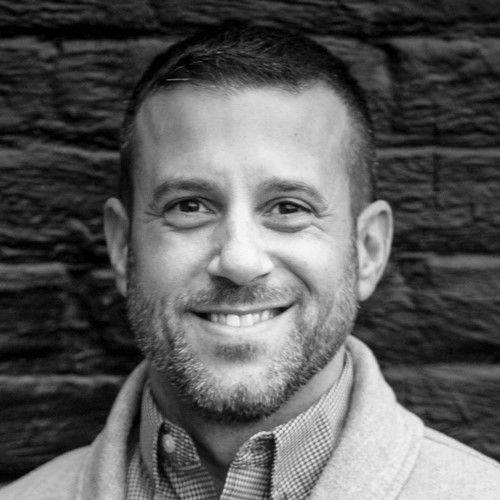We have all been there, weeding through resume after resume, trying to discern which candidates are worth interviewing. The process is tedious, and our success rate is limited for several reasons.
Where resumes fail
First, resumes are often padded with partial truths as employees exaggerate to make themselves appear better than reality. For example, “Completed a conversion to a new CRM system.” Only to find out they were a low-level member of a large team responsible for this accomplishment.
Second, resumes tell you what the applicant has done, not who they are. A list of job titles and corresponding responsibilities reflects tasks, not skills or personality. A resume can’t tell you what they are good at. They may have been a receptionist who was proficient at managing the office minutia but could have done better at customer interactions.
Finally, resumes often steer the career path of employees. A college degree gets us our first job. That job begins to build our resume. What’s on our resume creates a roadmap that frequently predetermines where we go next, whether we are good at or even want to continue to do what we had previously done. The employee and employer look at the resume to determine what the employee should be doing in the future.
Identify the soft skills needed for the job
There is a way to use the tools we already have to weed through the façade of the resumes and improve on the inherent weaknesses in the hiring process.
First, you must get to the right interviews. Before you begin the hunt for a new employee, take the time to review your job description for the type of soft skills the role requires. Identifying soft skills is crucial for selecting the right person to fill the job because every person contributes to your organization’s culture. The soft skills of your new hire will either enhance or push against your existing culture.
Some helpful questions to consider: Is the role more team-oriented or autonomous? Is the role task or people-focused? Does the position require frequent reprioritization of tasks, or does it allow for uninterrupted work? Does the role require independent problem-solving or adherence to established rules? Does the attention to detail or more high-level thought processes?
Answering questions like these will help you build a soft skill profile, i.e., autonomous, task-oriented, uninterrupted work, independent problem-solving, and attention to detail.
Review the resume for those skills
Once you have identified the necessary soft skills, your review of resumes takes on a new dimension. When combing through resumes, look for types of roles, not just job titles and responsibilities. Know the soft skills necessary to complete their various jobs and responsibilities.
This exercise will not only help you identify better candidates more consistently, but it will also allow you to see good candidates whose work experience doesn’t match your job description. Remember, hard skills can be taught to fit your organization’s needs, whereas soft skills are much harder to develop because they are a hardwired personality trait.
After identifying your soft skills and reviewing resumes, the next step is to call a reference or two before the interview and ask them a few simple questions. When did you see the employee most engaged or excited at work? What types of activities/tasks would the employee avoid? If your company allowed it, what job would you build for this person?
This conversation aims to discover the employees’ core strengths and what type of work they gravitate toward. Even “bad” employees often did some things well, which may have just been an issue of company culture.
The interview
The final step is to use the interview to go beyond the resume. The goal of any interview is to learn who the person is, not what they have done. The resume already told you about that. The key is to ask questions that get to the individual’s core motivations and traits. Most individuals answer questions the way they think you want them to. Asking the right questions will allow you to get genuine responses.
Here are some of my favorite questions to ask:
- Think about the tasks connected to your work history, not the jobs themselves. What tasks would you enjoy doing for the rest of your career? What task would you be happy if you never had to do again?
- If you were tasked with filing massive stacks of papers, would you prefer to complete that alone or with other people in the room working on the same project?
- Pretend every employee in the credit union is you, from the part-time teller to the CEO. A member experiences the credit union of you and afterward gives a five-star review. What would their five-star review say?
- It’s the same scenario, but this time, the member leaves the credit union and gives a one-star review. What would their one-star review say?
- There are various kinds of teams in an organization. For example, Accounting is similar to a cross-country team; completing their work rarely depends on the other team members. By contrast, the frontline retail is more like a basketball team where they constantly communicate and need each other’s efforts to complete their tasks. Which type of team would you prefer to be on?
- If you were self-employed, what would you do?
You will likely still need to cover competency questions about the specific role, but beginning with questions about who they are will set you up for a deeper understanding of the type of person you are hiring. Have some fun with your interviews. Make up your questions or use these. Practice on a colleague to understand how to frame the questions best.
Consider the person, not the paper
Remember, resumes almost always lie. It is your job to find the genuine person inside them.


























































